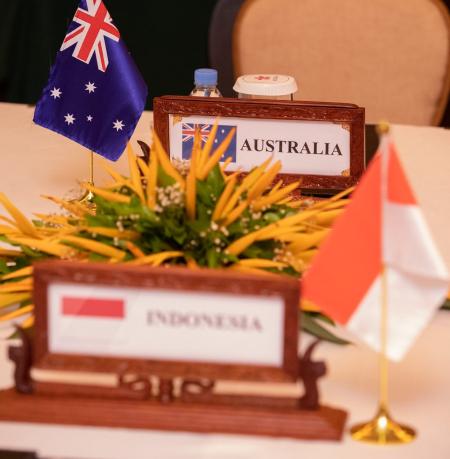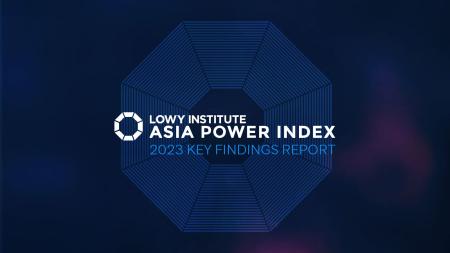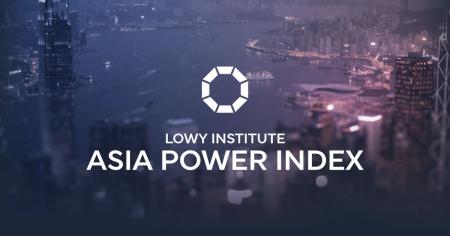Susannah Patton
Indo-Pacific strategy; Australian foreign policy; Southeast Asia.

Susannah Patton is Director of the Southeast Asia Program at the Lowy Institute and the Project Lead for the Asia Power Index, the Institute’s annual data-driven assessment that maps the changing distribution of power in the region. Her research on Southeast Asia is focused on strategic alignment dynamics and the roles of external powers including the United States, China and Australia.
Before joining the Lowy Institute, Susannah was a Research Fellow in the Foreign Policy and Defence Program at the United States Studies Centre. Her commentary and analysis have featured in Australian and international outlets, including The New York Times, Foreign Policy, Australian Financial Review and The Interpreter. Before leaving government, she worked in various Southeast Asia-focused positions in the Australian government, including as a Senior Analyst in the Southeast Asia Branch at the Office of National Intelligence, in the ASEAN-Australia Special Summit Taskforce in the Department of the Prime Minister and Cabinet and as a diplomat in the Australian Embassy in Bangkok. Susannah holds first class honours degrees in law and political science from the Australian National University.









